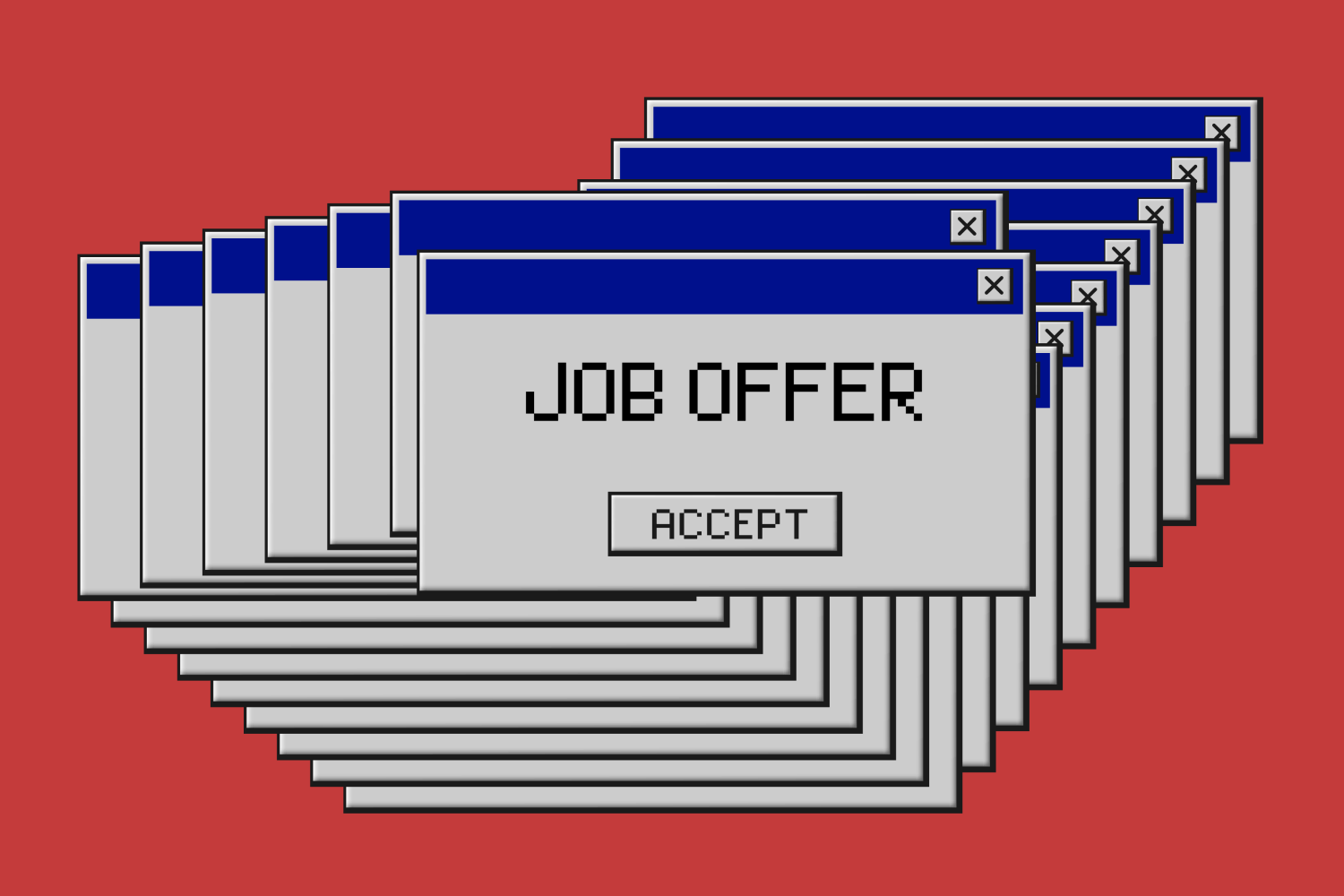Ask a Recruiter: How Should I Answer the ‘Why Should We Hire You’ Question in Job Interviews?

Welcome to CB’s work-advice column featuring Emily Durham, a Toronto-based senior recruiter at Intuit, public speaker and content creator known for her funny and relatable TikToks about all things work. Each month, Durham answers reader questions on topics that affect our ability to thrive in our jobs, and offers her real-world insights on how to handle even the most rock-and-a-hard-place conundrums. Have a work-related question? Send it to [email protected].
Q: I’m currently interviewing for a new role and struggle whenever the hiring manager asks me “why should we hire you?” I have no problem selling my skills in other interview questions, but this one really stumps me. I simply don’t know what to say and how to position an answer that isn’t clichéd and sets me apart from other candidates. How can I respond so I impress the interviewer?
You’re not alone in finding this question tough. It’s open-ended and it’s hard to know how to reply without being vague or come off as obsequious by simply gushing about the company and how much you want to work there. But in any interview, it is almost guaranteed that you will be asked “why should we hire you?” by the assessor. When answered well, this question does have the potential to set you apart from the competition and help you secure your dream job. When answered poorly, it can set the wrong tone for the rest of the hiring process.
Understanding how to effectively answer “why should we hire you?” starts with reframing how you think about the question. The question is not designed to make you stumble or slip up, rather it is designed to give you another opportunity to sell yourself for the role. While many common interview questions allow for you to share your experience and skills, this one lets you zero in on the qualifications that you think are most impressive and relevant for the particular job.
Related: Is It OK to Use ChatGPT to Write My Résumé?
Before you map out the structure of your answer, it is important to think about what information you will include to highlight your fit for the position. You can think about your answer as structured into three parts: an overview of who you are and what you do, some examples of your skills and, finally, some examples of your values.
Your answer should start with that short overview, about one to three sentences (think of this as your LinkedIn profile headline). When I first interviewed with Intuit four years ago, this is what I said: “Hiring me means hiring a seasoned recruiter with seven-plus years of experience in talent programs, high-volume hiring and talent marketing.”
Next, call out how your skills align to those listed in the job description. This portion of your answer is designed to reiterate your strong profile with a direct tie to how it meets the needs of the company you are applying to. It’s beneficial to highlight some of the less-obvious or more specialized skills in order to really stand out from the competition. For example, saying you have “strong communication skills” isn’t as impactful as saying that you have a track record of communicating with folks who work at all different levels and functions within a company. For my job, Intuit was looking for a recruiter to build an early careers recruitment program across several markets, so I stressed that I am both experienced in and passionate about that aspect of the role, citing specific examples.
Next up, examples of your values and how they align with the job. Because your answer needs to highlight your interest in both the role and the organization, I always advise job seekers to look at the company’s website and careers page in advance of interviews to get a sense of their values, products or culture and to be ready to talk about those in the interview. As always, be honest about the elements of the role and company that stand out to you; recruiters want to see your authentic interest. As a rule of thumb, if you don’t have a specific example or evidence, don’t bring it up. Going back to my experience, I said something to the effect of: “I really align with the organization’s passion for solving customer problems with technology. Intuit’s value of ‘stronger together’ is something that I’ve personally embodied while building international recruiting programs in partnership with stakeholders.” I used the rest of the interview—and the others questions asked—to give examples of how I did this in previous roles.
Related: Have I Been Tricked into a Quiet Promotion?
It’s important to remember that a good interview should feel like a conversation, so be careful not to over-prepare. Sometimes folks write out their interview answers and deliver them word-for-word like a monologue. Although being prepared is a positive thing, being too scripted can actually make your interview feel robotic and not genuine. Instead, map out the rough points you will cover in this answer, and give yourself the space to deliver your response in a way that is organic and off the cuff.
“Why should we hire you?” is a question that presents an amazing opportunity to market yourself as the ideal candidate for the position. Using this framework, and avoiding writing a full script, can set you up for success in your next big interview.






